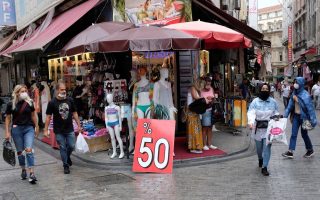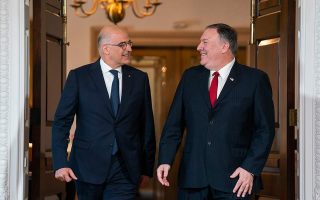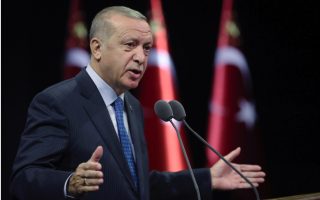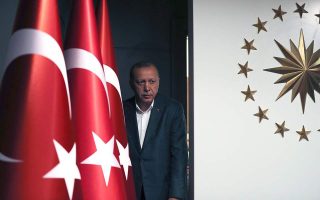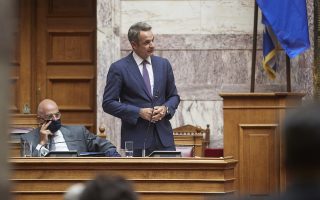The option of a multilateral dialogue

Greece’s position on settling maritime differences in the Eastern Mediterranean has traditionally been based on international law. This principle has not changed during the ongoing tensions but it does not provide a solution to the problem. What is required is engagement in delicate negotiations during which Greece will show Turkey and other partners how it envisages a fair distribution of maritime zones in the East Med.
While recourse to the International Court of Justice is being largely discussed, the optimum scenario is to come to an agreement at the political level beforehand. Having said that, the option of a multilateral dialogue deserves special attention. Greece can be proud of preserving balanced relations and maintaining an acceptable level of understanding with other countries in the region. Generally speaking, this is the main logic of the EastMed Gas Forum, in which Greece, Israel, Cyprus, Egypt, Jordan, the Palestinian Authority and Italy are members. Additionally, even to think about a shared future in the Eastern Mediterranean without a settlement of the Cyprus question is an illusion.
Recently, European Council President Charles Michel proposed the organization of a multilateral conference. We are not there yet. Thorny issues have to be dealt with. The first is the clarification of the agenda. The second is the formula under which Cyprus will attend and what role the European Union will undertake vis-à-vis the Turkish-Cypriot community. And the third is the specification of the number of countries and external actors to join.
Libya and Syria are suffering civil wars, and Lebanon, which recently entered a new period of instability after the deadly Beirut explosions, disagrees with Israel on the delimitation of their continental shelves. For their part, the US and France could be interested in such a multilateral initiative as they have already applied to become members of the EastMed Gas Forum.
Greece enjoys a valuable good that is not taken for granted by several other countries in the neighborhood: peace. On these grounds, it has to diplomatically elaborate on opportunities for peaceful solutions which will demand concessions and good will from all sides involved. Nothing is easy when foreign policy decisions need to be made. But the situation of the last four weeks, which have seen the Greek and Turkish fleets facing each other, looks like a painful alternative for both countries. The younger generation of Greek and Turkish people expects common prosperity and not military practices of the 20th century.
Dr George N. Tzogopoulos is a senior fellow at the Hellenic Foundation for European and Foreign Policy (ELIAMEP), the Begin-Sadat Center for Strategic Studies and Centre International de Formation Européenne (CIFE), and teaches international relations at the Democritus University of Thrace.
